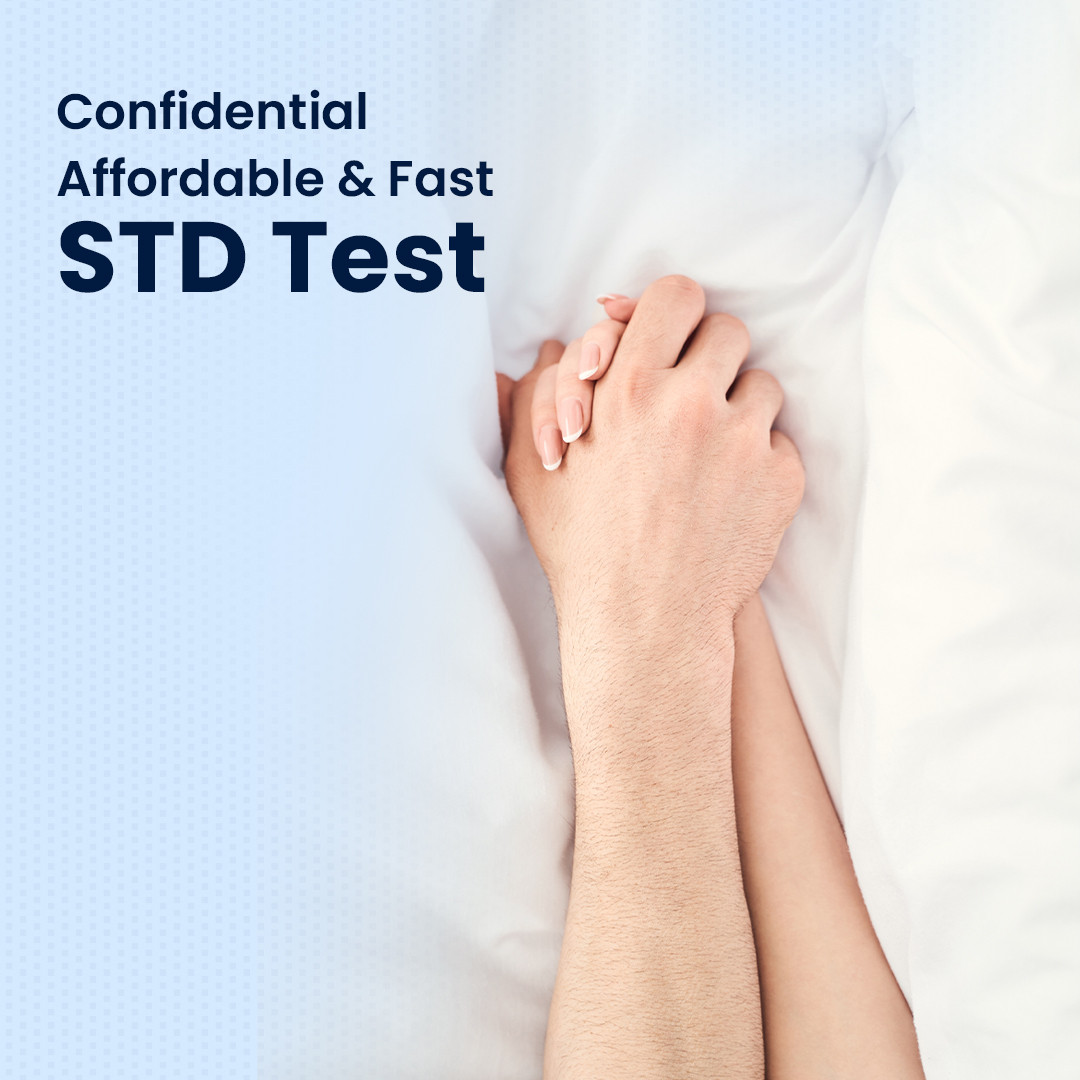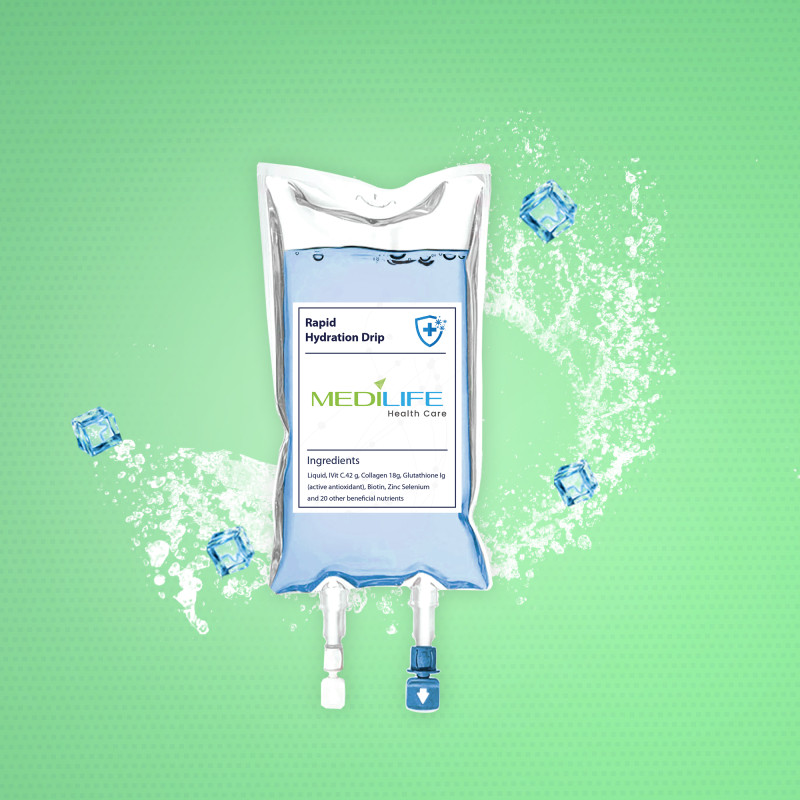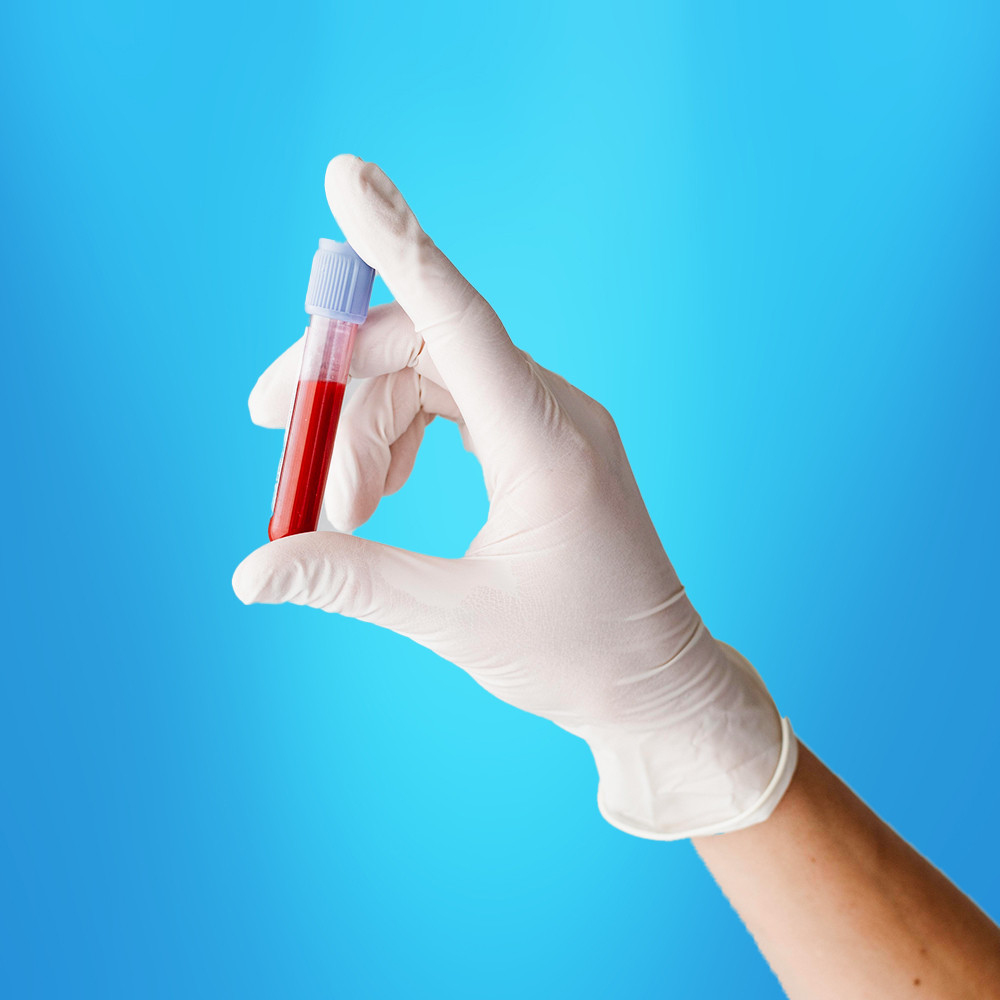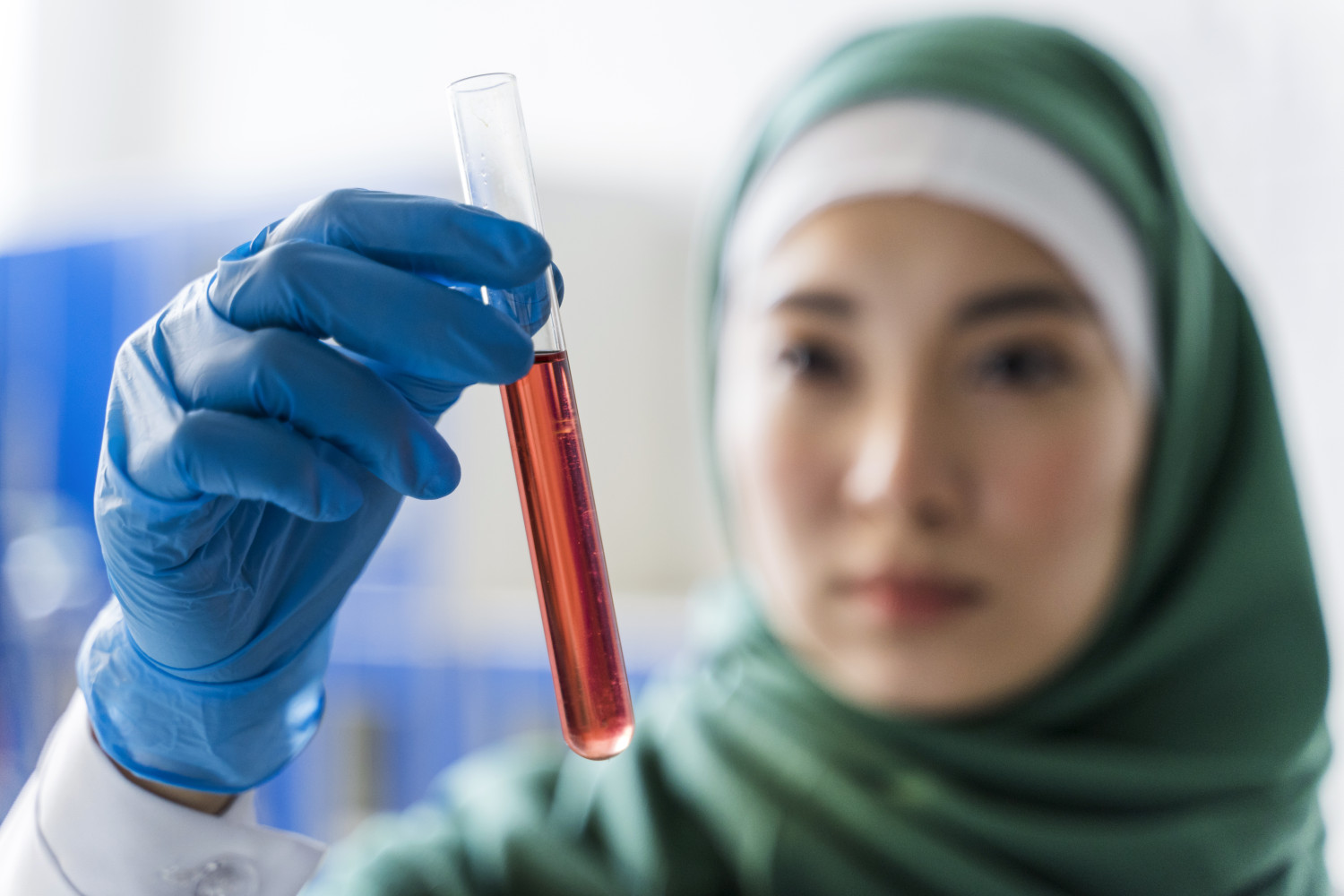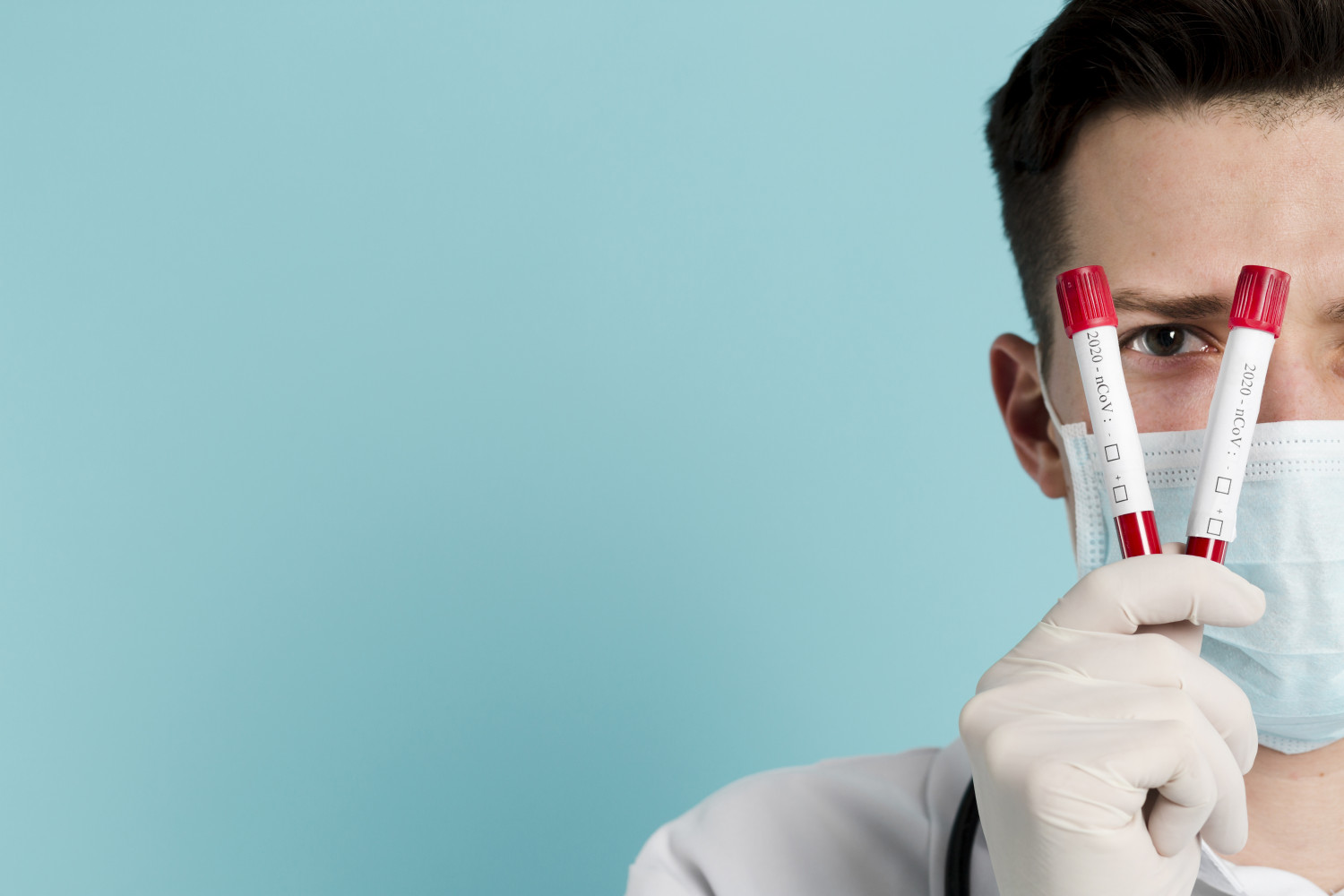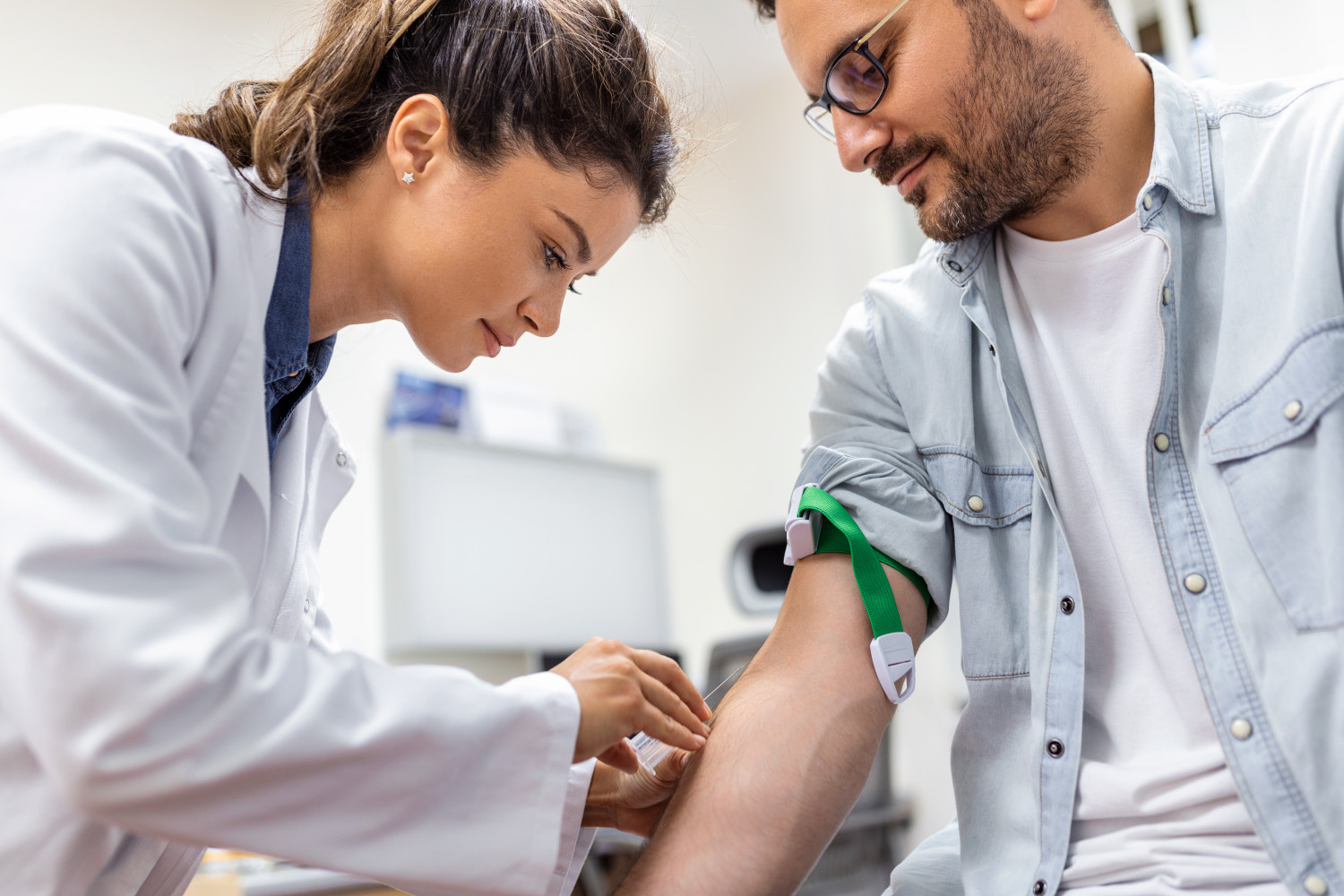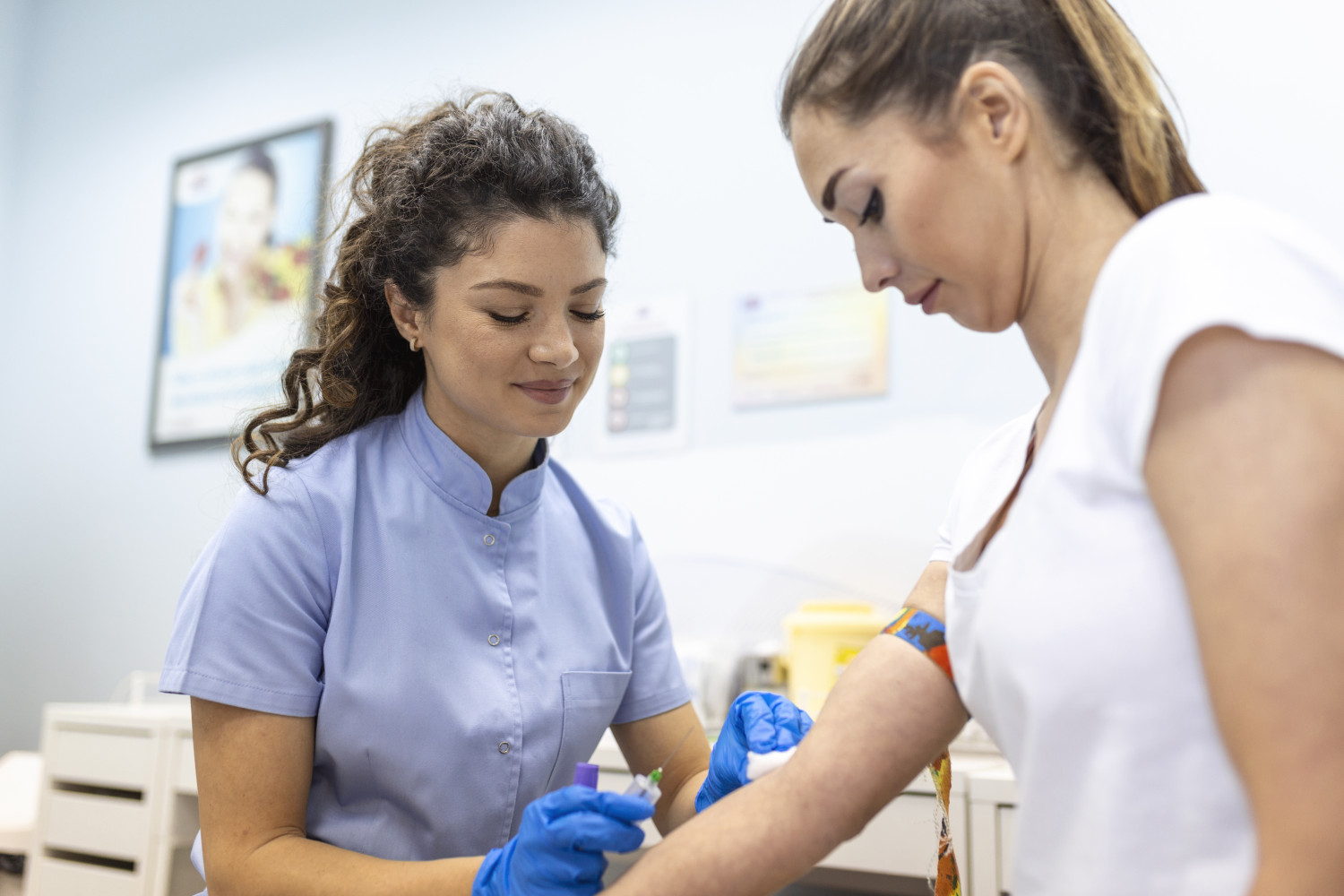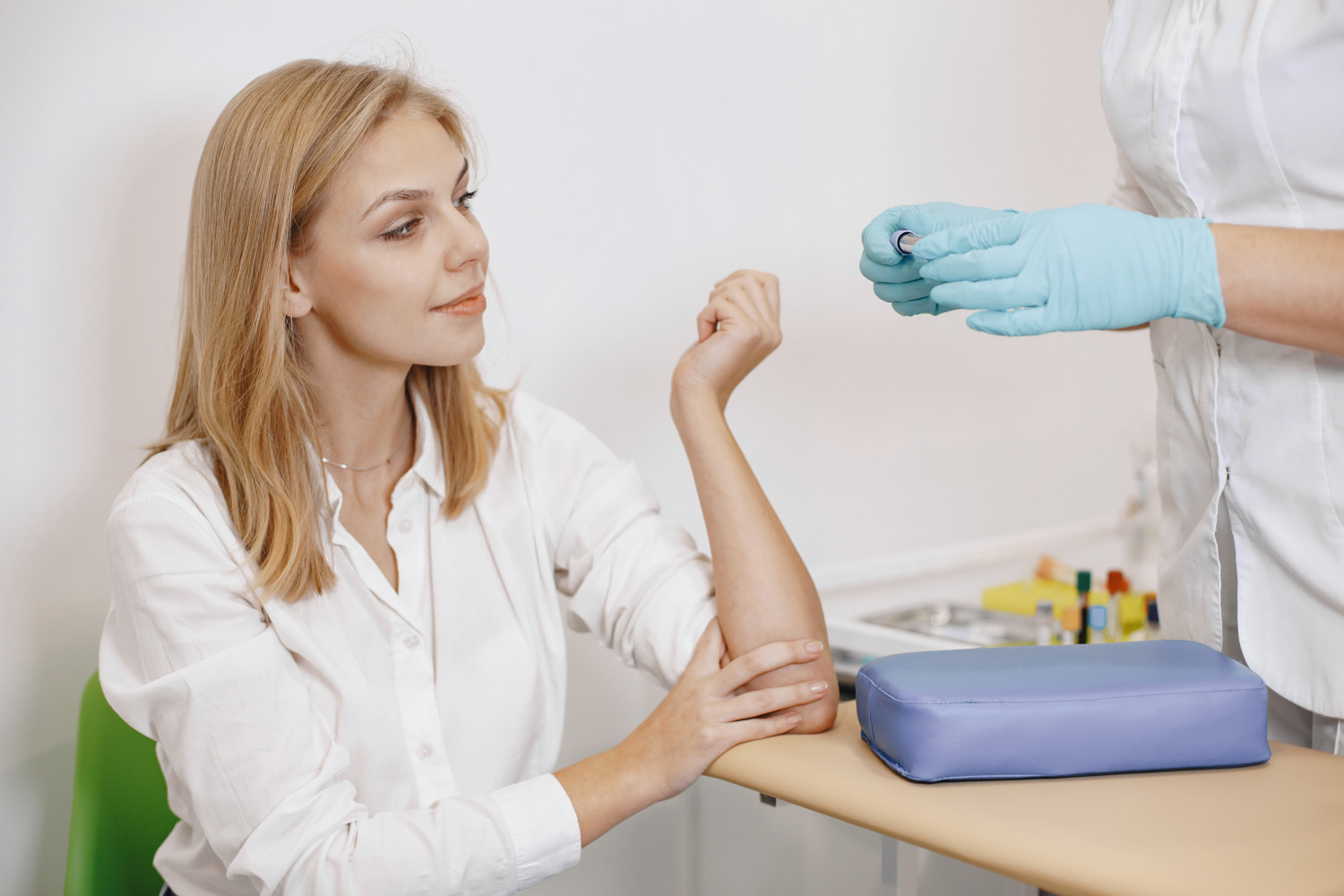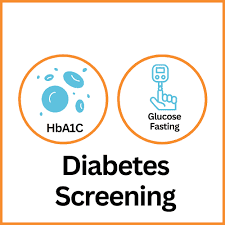
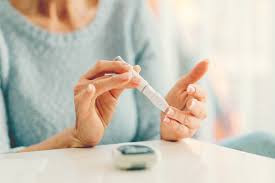


Diabetes Screening
Inhouse product

-
AED699.00
-
AED1,399.00
-
AED1,750.00
-
AED2,800.00
-
AED350.00
-
AED517.50
AED575.00
Reviews & Ratings
The Diabetes Screening Test is a diagnostic tool used to detect the risk of diabetes or to confirm the presence of diabetes in individuals. It involves measuring the blood sugar levels and evaluating the body’s ability to process glucose. This test plays a crucial role in identifying people at risk of developing type 2 diabetes or those already suffering from it, even before they notice symptoms. Regular diabetes screening is essential for early detection, enabling better management and prevention of diabetes-related complications.
2. Purpose / Clinical Significance
-
Early Detection: The primary purpose of Diabetes Screening is to detect high blood sugar levels at an early stage, helping in early intervention and reducing the risk of complications like heart disease, kidney failure, and nerve damage.
-
Risk Assessment: It helps identify individuals at high risk of developing type 2 diabetes, especially those with a family history, obesity, or a sedentary lifestyle.
-
Management of Diabetes: For individuals already diagnosed with diabetes, the screening helps in monitoring blood sugar levels, making adjustments to treatment plans, and avoiding complications.
-
Preventive Healthcare: In Dubai, where lifestyle-related diseases are on the rise, diabetes screening is vital for preventive health and wellness.
3. Principle
The Diabetes Screening Test works by measuring the concentration of glucose in the blood. It can be performed using different methods, including fasting blood glucose, oral glucose tolerance test (OGTT), or the HbA1c test.
-
Fasting Blood Glucose: This test measures blood sugar levels after fasting for 8 hours.
-
Oral Glucose Tolerance Test (OGTT): A more comprehensive test that measures blood glucose levels after fasting and two hours after drinking a glucose solution.
-
HbA1c Test: Measures the average blood sugar levels over the past 2-3 months by assessing the percentage of glycated hemoglobin in the blood.
4. Specimen Requirements
-
Sample Type: The Diabetes Screening Test requires a blood sample for analysis.
-
Collection Method: Blood is usually drawn from a vein in the arm, although fingerstick methods may be used for some tests like HbA1c.
-
Fasting Requirements: For the fasting blood glucose test, patients are typically asked to fast for 8-12 hours before the test to ensure accurate readings.
-
Timing: Depending on the test, it may be necessary to take the sample at specific intervals, such as after fasting or after consuming glucose during the OGTT.
5. Common Methods
-
Fasting Blood Glucose Test: The blood glucose level is measured after the patient has fasted for at least 8 hours.
-
Oral Glucose Tolerance Test (OGTT): This involves fasting, then drinking a glucose solution. Blood sugar levels are tested at intervals, typically after 1 hour and 2 hours.
-
HbA1c Test: The percentage of glycated hemoglobin is measured, indicating average blood sugar levels over the last 2-3 months.
-
Random Blood Sugar Test: This test can be done at any time of the day and measures blood glucose levels without the need for fasting.
6. Interpretation of Results
-
Normal Blood Glucose:
-
Fasting Blood Glucose: Less than 100 mg/dL.
-
HbA1c: Below 5.7%.
-
-
Pre-diabetes (Impaired Glucose Tolerance):
-
Fasting Blood Glucose: 100-125 mg/dL.
-
HbA1c: 5.7%-6.4%.
-
OGTT: 140-199 mg/dL at 2 hours.
-
-
Diabetes:
-
Fasting Blood Glucose: 126 mg/dL or higher.
-
HbA1c: 6.5% or higher.
-
OGTT: 200 mg/dL or higher at 2 hours.
-
-
Critical Values: High blood sugar levels (e.g., over 200 mg/dL) indicate the need for immediate medical attention to manage the condition.
7. Reference Range
-
Normal Fasting Blood Glucose: Less than 100 mg/dL.
-
Impaired Fasting Glucose: 100-125 mg/dL.
-
Diabetes: 126 mg/dL or more.
-
Normal HbA1c: Below 5.7%.
-
Pre-diabetes HbA1c: Between 5.7% - 6.4%.
-
Diabetes HbA1c: 6.5% or higher.
-
These ranges may vary slightly depending on the laboratory, but these are the general thresholds used for diabetes screening in Dubai.
8. Follow-up Testing
-
Confirmatory Testing: If the Diabetes Screening indicates abnormal results, additional tests, such as a confirmatory HbA1c or OGTT, may be performed to diagnose diabetes definitively.
-
Renal Function Tests: If diagnosed with diabetes, patients will need regular kidney function monitoring, including tests for creatinine levels and urine microalbumin.
-
Cholesterol and Lipid Panel: Since diabetes is often associated with cardiovascular risk, a lipid panel may be ordered for further evaluation.
-
Eye Exams: For individuals diagnosed with diabetes, retinal exams should be performed to check for diabetic retinopathy.
The Diabetes Screening Test is an essential tool for early detection, management, and prevention of diabetes, particularly in Dubai, where lifestyle changes are contributing to a rising prevalence of the disease. Regular testing allows individuals to understand their blood sugar levels and take necessary steps to prevent complications. For those at risk or already diagnosed with diabetes, timely testing and management can lead to improved outcomes and a better quality of life.
Related products
Full body blood test
Basic Health Screening
Standard Health Package
Diabetes Package
Diabetes Package Advanced
Healthy Heart Package
Healthy Heart Package Advanced
Whole Body Check-Up
Comprehensive Health Check
Healthy Woman Package
Product Queries (0)
Login or Registerto submit your questions to seller
Other Questions
No none asked to seller yet
-
AED699.00
-
AED1,399.00
-
AED1,750.00
-
AED2,800.00
-
AED350.00
-
AED517.50
AED575.00

